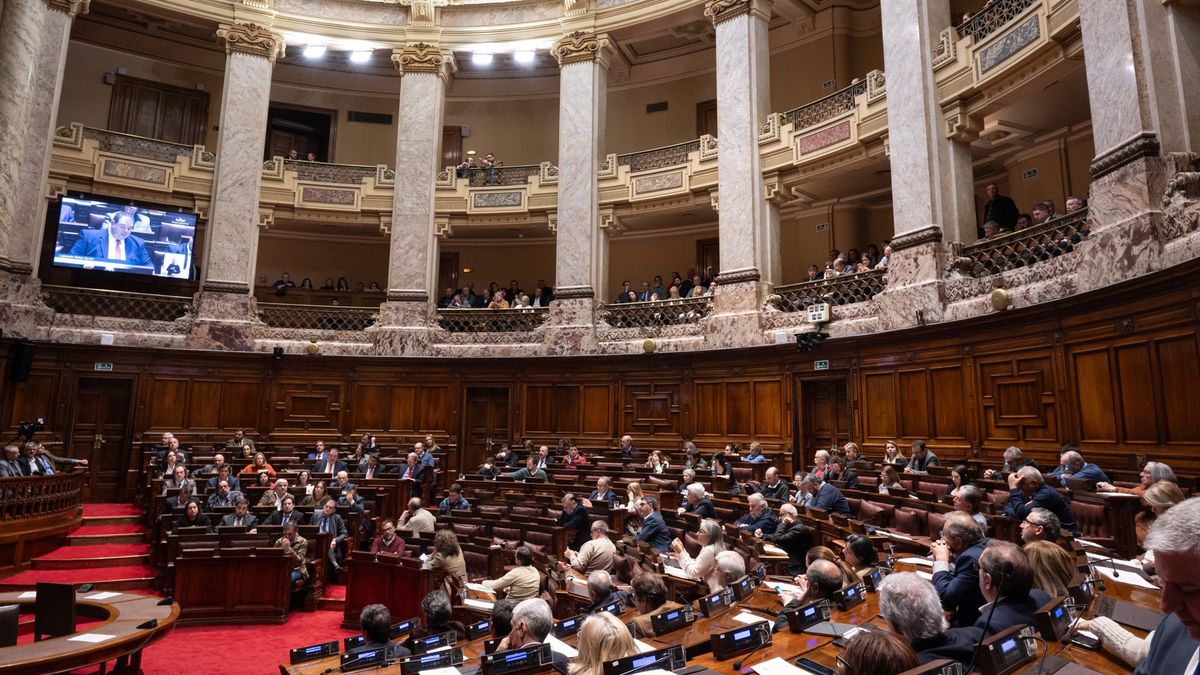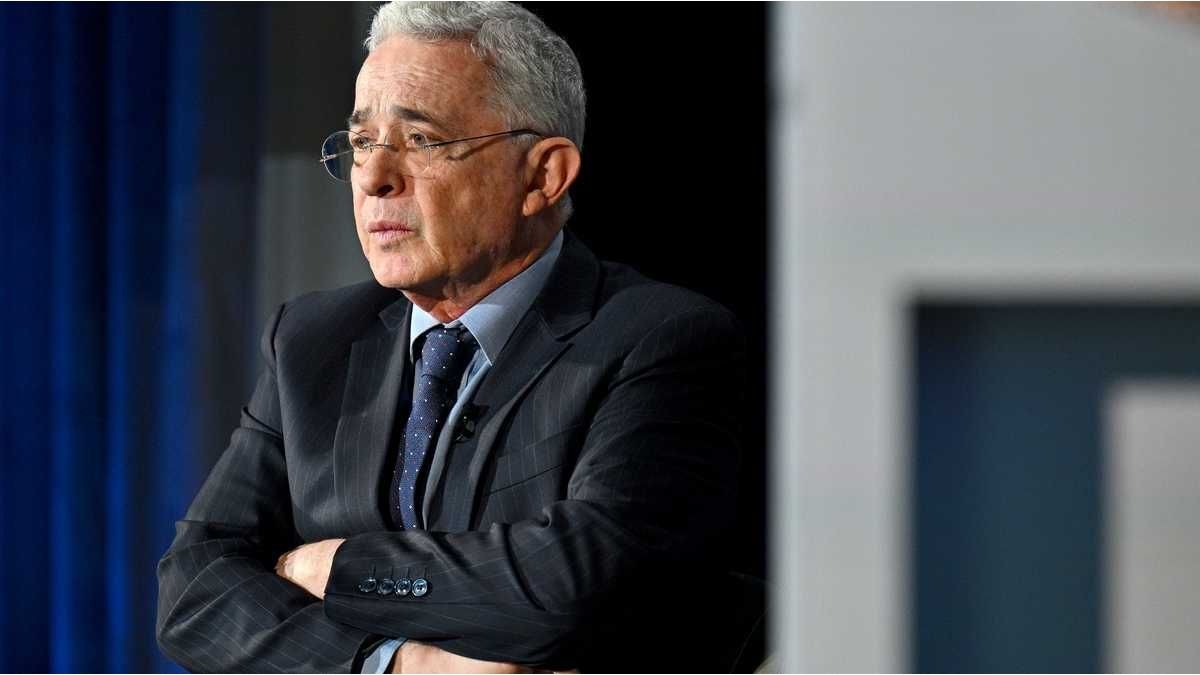With time running out for the internal elections on June 30, senators will have to deal with an initiative in which none of the political forces was willing to give up their claims.
Thus, the plenary session arrives Broad Front (FA) and Open Town Hall (CA) firm in their demand that television channels broadcast electoral advertising free of charge for one hour a day, in the time slot with the highest audience (6 p.m. to midnight), during the 30 days prior to each election.
He National Party (PN) and the Colorado Party (PC) They oppose this scheme and defend economic compensation for the stations as well as a one-time duration of five minutes for each party in the dissemination of their electoral content.
Basically what they point out from the Wide Front and Town meeting is that a financing law for political parties like the one proposed by whites and reds makes the difference in the forces to campaign more pronounced since not all of them have the same economic availability. In the case of lobbyists, the senator himself Guido Manini Ríos He was categorical in saying that they do not have funds for the campaign.
Another point of conflict, where the FA and CA clash, but the left coalition has an agreement with the Colorados and Whites, is that of differential economic allocations for the lists headed by women.
Thus, the three forces agree that the money transferred to parties whose lists are led by women is 15% greater than what was stipulated in 2009, 20% greater if the list was proclaimed by the Electoral Court and 10% for each woman who holds a position proclaimed by the electoral authority.
The debate in the Senate was preceded by the controversy surrounding a spot broadcast by the campaign Alvaro Delgadotwo weeks ago, almost five minutes long on prime time television.
He was denounced by the Wide Front before the Electoral Court as a violation of the electoral advertising law. From the sector of the former Secretary of the Republic they argued that it was audiovisual material that promoted the candidate’s website to learn about his government program.
Source: Ambito




